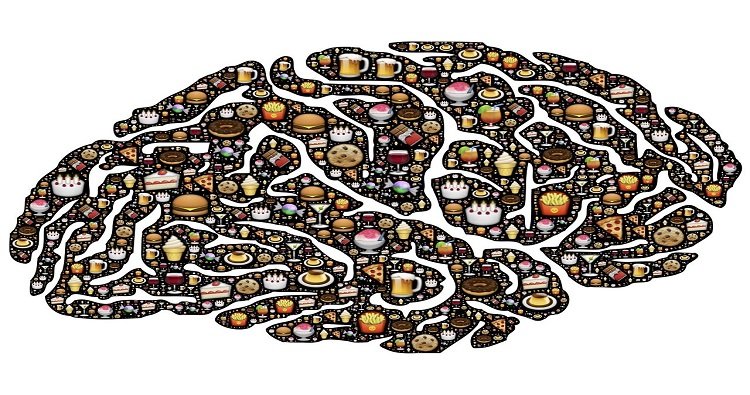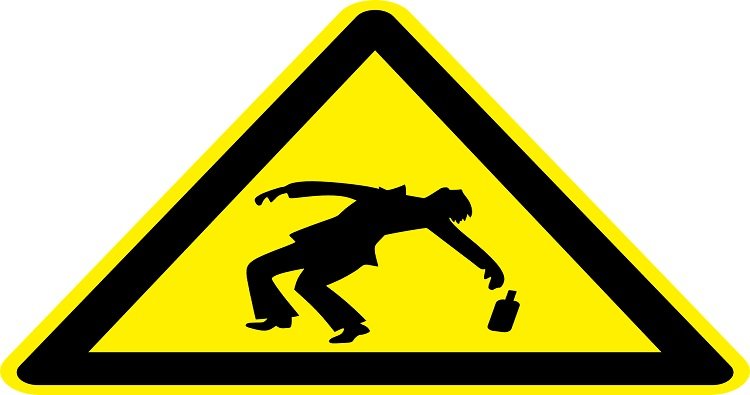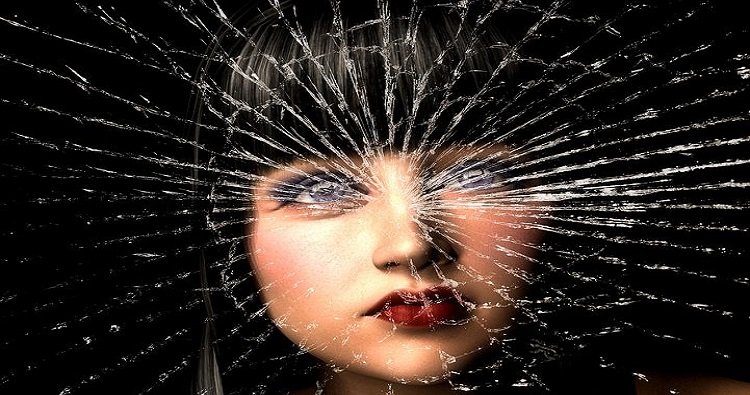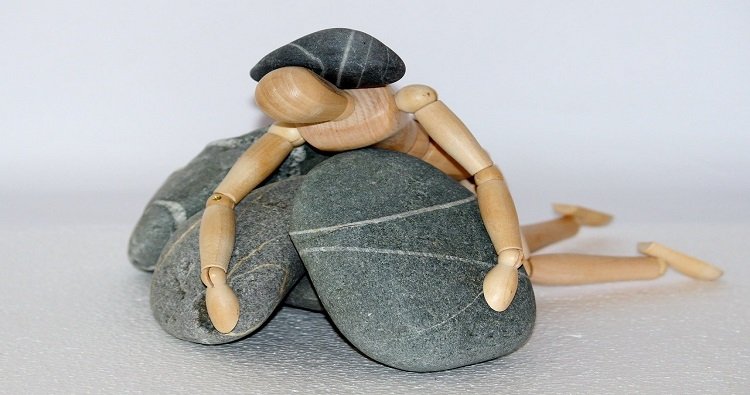- + 91 9958444373
- Malviya Road Dehradun, UK, India.
Blogs detail

OBSESSIVE COMPULSIVE DISORDER
- 2020-07-20
Your obsessions can turn into compulsions which eventually develop into a disorder that may also cause distress and anxiety. The disorder is known as Obsessive-Compulsive Disorder.
Let’s read on to know all about the disorder!
OBSESSIVE COMPULSIVE DISORDER
OBSESSIONS: We are all obsessed with something but these obsessions could become unwanted and create anxiety and distress in an individual. Obsessions are repetitive thoughts and urges which are considered and experienced to be unwanted. An obsessed person finds it difficult and is also unable to stop thinking about something particular or feel a certain emotion. Obsessions tend to possess an individual’s mind and may rule over their lives. They also vary in power, if the obsession is mild, an individual is able to focus on work and distract.
COMPULSIONS: When an individual becomes obsessed about something, he feels a compulsion that makes him think about what he is obsessed about. Compulsions are those rule-bound behaviors that an individual performs to get rid of his distress. Compulsions work outside one’s consciousness and keep compelling you to take a step towards the obsession.
Obsessions and Compulsions are linked but there is a difference that one should be aware of; an obsessive thought or urge is that something is’ good’ or ‘bad’ while a compulsive behavior or habit is working in direction of the obsessive thought. Together the obsession and compulsion take the form of Obsessive-Compulsive Disorder.
Obsessive-Compulsive Disorder is an anxiety disorder that causes various repetitive unwanted thoughts (obsessions) in an individual, about which he feels an urge to think about something repeatedly (compulsions) or do something repetitively.
Example: An individual may have repetitive thoughts that maintaining hygiene is good for health and staying dirty is not. These repetitive thoughts are his obsessions. The individual now washes his hands several times after he touches something which might be dirty. This repetitive behavior of washing hands several times is his compulsion.
TYPES OF OBSESSIVE COMPULSIVE DISORDER
Obsessive-Compulsive Disorder or OCD may have many forms and majorly fall into four categories which are listed below:
Checking: People who have OCD about checking, repetitively checkout for things that have already been done by themselves such as checking the alarm, locks, if they haven’t missed something that they had to keep in their bag, gas stove is off or anything. They may even go for regular health check-up just to be ensured that they aren’t suffering from any health or mental illness
Contamination: Contamination is a topic of major concern for many. They fear to get dirty or have a compulsion to maintain cleanliness. They tend to wash their hands several times.
Symmetry and Ordering: One’s with an OCD for Symmetry and Ordering are very particular about things being kept in proper symmetry and order or everything must be kept in a certain way.
Intrusive thoughts and Ruminations: Many people are obsessed with a particular line of thought and these thoughts may not just be disturbing but also violent in many cases.
SYMPTOMS OF OBSESSIVE COMPULSIVE DISORDER
The symptoms of OCD involve both Obsessive thoughts and Compulsive habits.
Constantly worrying about yourself or others
Awareness of breathing, blinking of eyes or various body sensations
Repetitive suspicious thoughts that somebody is unfaithful to you, or having thoughts about your health.
Violent thoughts of getting harm themselves or their loved ones. These thoughts could also be sexually explicit.
Checking for things repeatedly, whether the doors are locked, a gas stove is off, everything is kept in the bag and they have not forgotten anything
Washing hands after touching anything to avoid getting contaminated by germs or dirt. Everything around is kept clean and sanitized.
Each and everything is kept in proper symmetry or order and is also kept in place.
Counting and tapping or repeating certain words repeatedly to reduce anxiety.
DIAGNOSIS OF OBSESSIVE COMPULSIVE DISORDER
Formal diagnosis may be performed by Clinical Psychologists, Mental Health Care Professionals, or a Psychiatrist
The doctor may take a physical examination and lab tests in some cases.
In most cases, doctors ask about the thoughts, feelings, and habits.
TREATMENT OF OBSESSIVE COMPULSIVE DISORDER
Obsessive-Compulsive Disorder does not have a permanent cure but undergoing treatment can help in getting control over symptoms. Treatment for Obsessive-Compulsive Disorder involves the following:
Relaxation techniques: Meditation and Yoga both help in relieving the anxiety and distress
Psychotherapy: Psychotherapy or Cognitive Behavioural Therapy works in the direction to change the thinking patterns of the individual. A change in the thinking patterns helps in controlling or stopping the thoughts and actions due to OCD.
Medication: To bring control over the obsessions and compulsions, the doctor may prescribe selective serotonin reuptake inhibitors in many cases.
This is all about the disorder if you feel you have the symptoms, consult a psychologist, and get your diagnosis done.
It’s okay to ask for help!
Contact now
We are a group of health professionals, including Psychologists, Clinical psychologist, Rehabilitation Psychologist, Counsellors, Mindfulness Experts and Social Workers. We are working since 2018 in India to foster mental health.
Contact Us
recent blogs
-

SADNESS AND DEPRESSION ARE DIFFERENT!
2020-06-16 -

ALCOHOL USE DISORDER (AUD)
2020-06-19 -

SEASONAL AFFECTIVE DISORDER (SAD)
2020-06-12 -

UNDERSTANDING MINDFULNESS MEDITATION
2020-06-03 -

BURDEN OF DEPRESSION
2020-06-17







